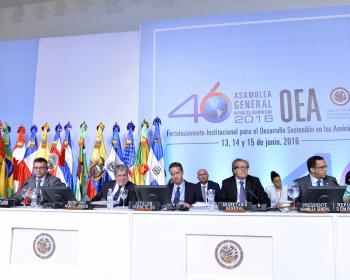
Position Available: Full-time Cultural Survival Indigenous Community Radio Grant Initiative Program Assistant- English-speaking
By Montoya Whiteman of First Nations Development Institute & Toni Plummer-Alvernaz of Montana Native Women’s Coalition (reposted from First Nations Development Institute)
We at Cultural Survival support the Standing Rock Sioux Tribe in demanding that the United States government and the United Nations acknowledge and respond to the gross human rights and Treaty violations that have occurred from the construction of the Dakota Access crude oil pipeline near the Standing Rock Reservation in North Dakota. The Standing Rock Sioux Tribe has not given their Free, Prior and Informed Consent to and has outwardly opposed the Dakota Access Pipeline project, which would threaten their main water source, the Missouri River, and disturb sacred burials sites.
Por Adelfo Regino Montes, SERvicios del Pueblo Mixe